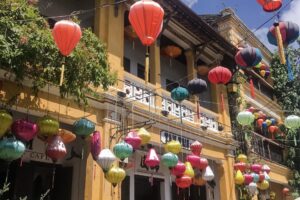
Scams in Bangkok, Thailand: The best tips for your protection
Bangkok is a city that pulses with energy — from temples and bustling markets to world-class street food and legendary nightlife. But like any major tourist hotspot, it also has its fair share of scams. Whether it’s a too-good-to-be-true tuk-tuk tour or a friendly stranger offering unsolicited “help,” falling into a tourist trap can quickly sour your experience. Behind the touristy façade is a totally different side. Don’t worry — with a little awareness and the right tips, you can easily sidestep the common pitfalls and enjoy everything this incredible city has to offer with confidence. But what are the best tips against scams in Bangkok? Find out how to protect yourself and explore the city with a little bit of awareness.
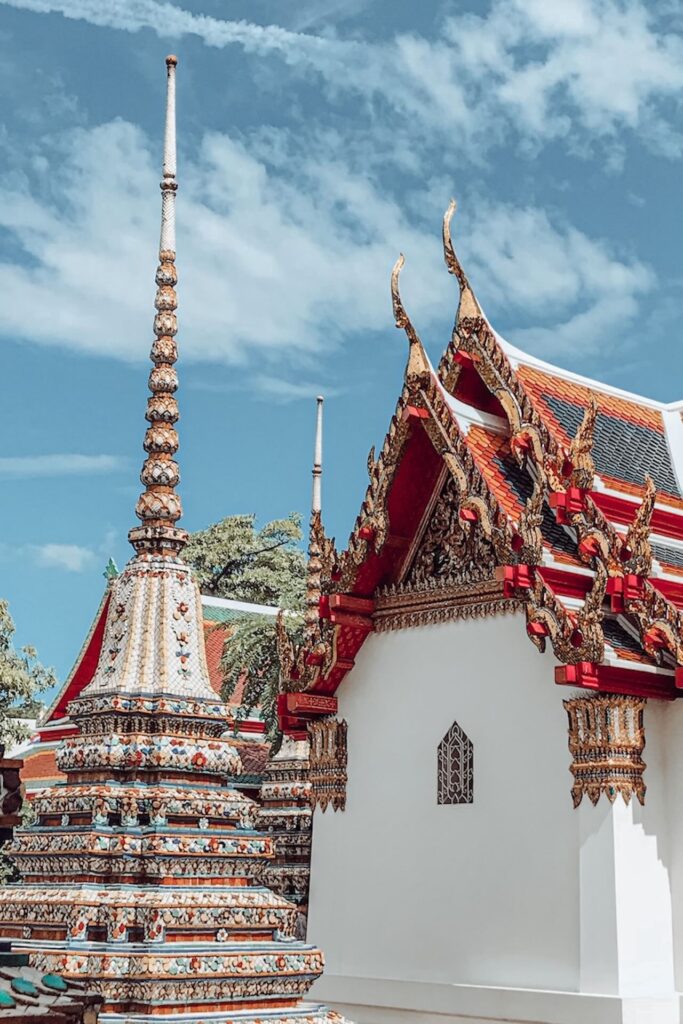
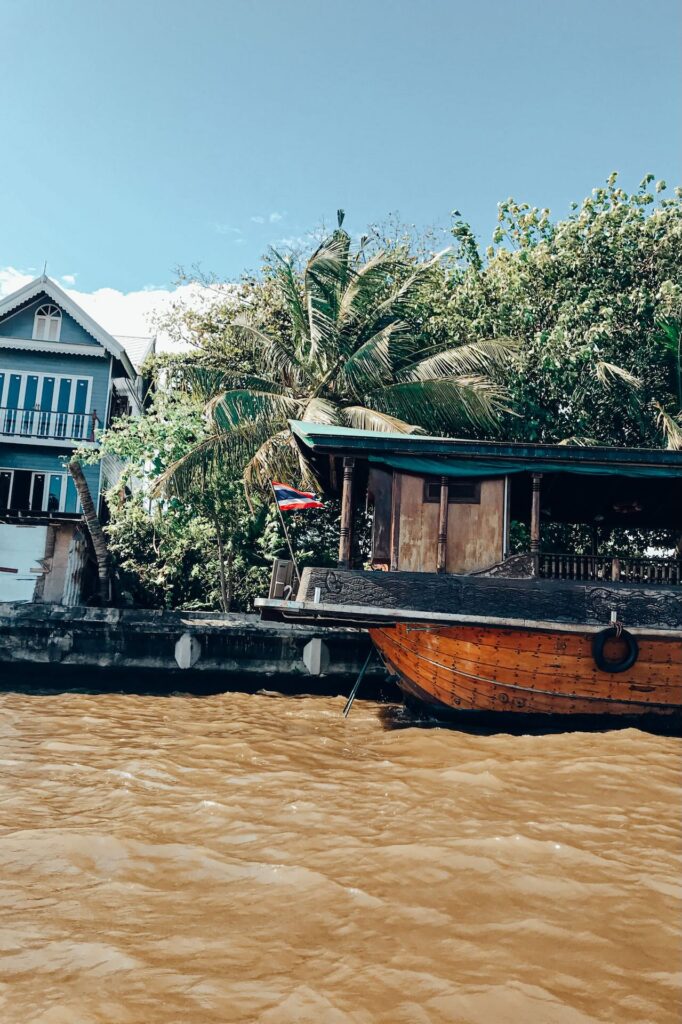
What are scams?
What are those “scams” anyway? In order to use the best tips against scams in Bangkok, you need to know what’s behind it.
Scams are defined as a dishonest scheme or a fraud. A scam on a city trip or during your travels is often connected to people trying to get you to pay more money than usually. Scams can happen anywhere. Of course, they are not restricted to Bangkok only, this is just an example of how it can be.
Wherever tourists are, there is the danger of a scam. And surely, to be in danger of a scam never means to be in danger physically. A scam won’t hurt anybody else than your wallet. Which can be quite painful, especially if you are travelling on a budget.
These are the most frequent scams in Bangkok, Thailand
To be on the safe side when it comes to being scammed, you need to be aware of the most frequent scams in Bangkok. Only if you actually know about it, you will be able to see that you are being frauded. Therefore, one of the best tips against scams in Bangkok is to simply to that problem exists.
Scams at The Grand Palace
Many tourists run into scams at the Grand Palace. There are two different versions of how you can explore the beautiful palace. You can either book a ticket to actually enter the palace or you can enter the free square in front of the palace.
Please note: You do not have to pay for any ticket UNLESS you are entering the building. If you only move around in front of the palace, you will not have to pay for the entry fee. Despite this official rule, there are people trying to sell tickets to tourists. They are charging you will the full ticket price to enter the palace. Unfortunately, the ticket you will receive is not valid and will not be accepted if you actually want to enter the Grand Palace. Which means, in this case you have to pay double.
The scammers will come and talk to you to sell you a ticket. As they mostly look very official, there is not often the doubt that this could be a scam. Most tourists notice it as soon as they try to pass the official entry into the palace. And if you only want to visit the free area, you paid for nothing.
Be aware!
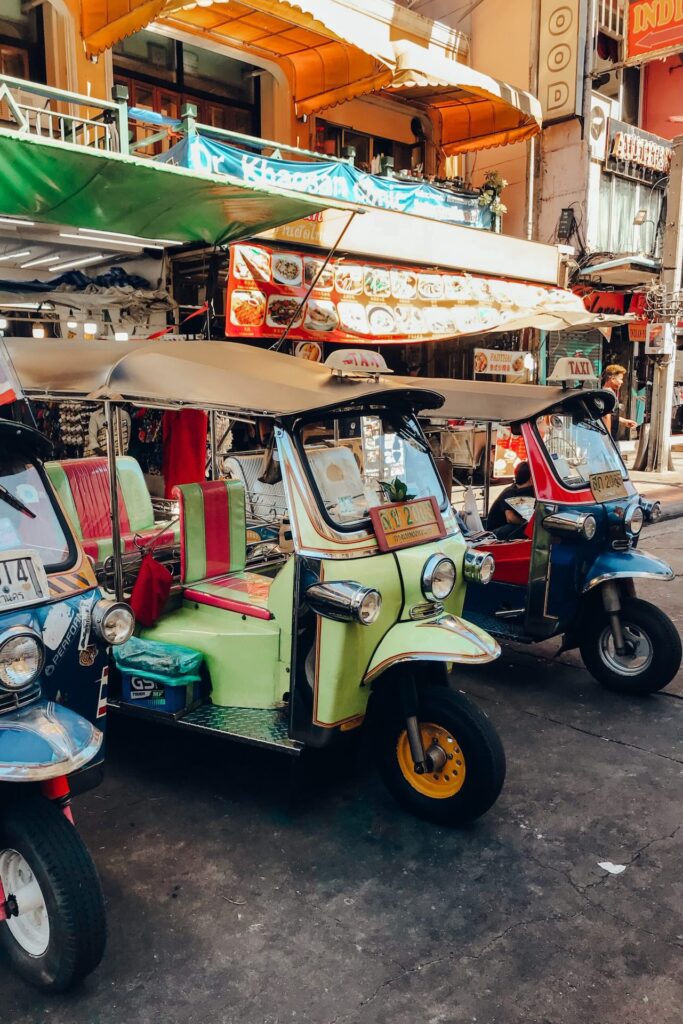
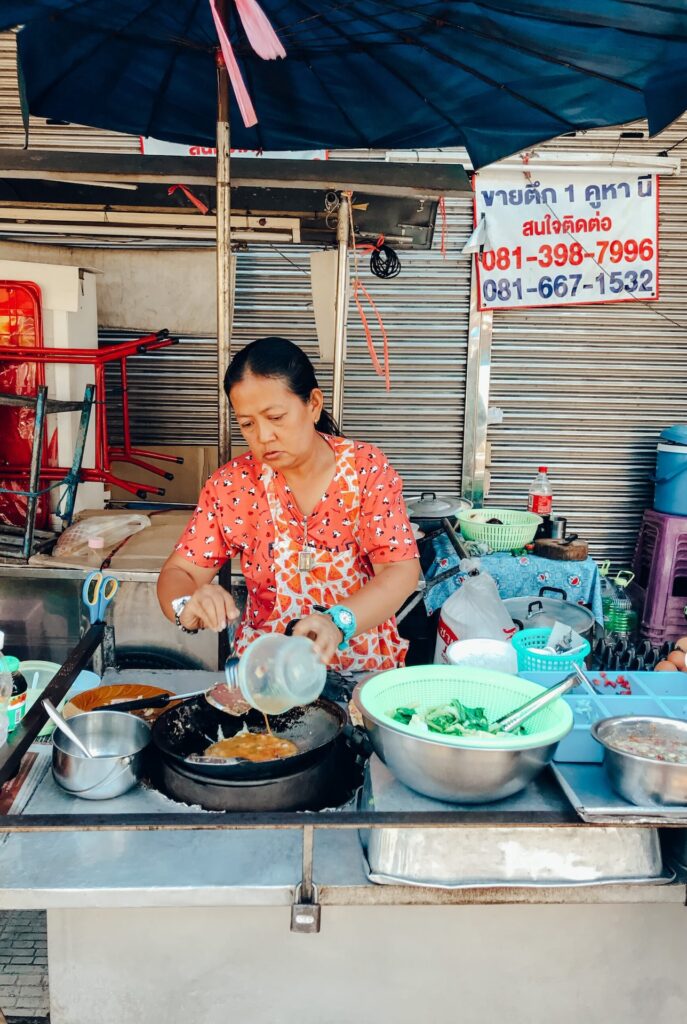
Scams about an “official Buddhist holiday” and closed temples
I need to admit, they are quite creative with their scams. Another frequent story is about an official Buddhist holiday due to which the main temples of Bangkok are either closed or will open later this afternoon. These kind of scams usually happen in the main area near the Grand Palace and the temples. The victims are tourists who are clearly on the way to see the temples.
The scammers themselves look like tourist officials, which are guiding all visitors around the area. Pretty unfair, isn’t it?
After convincing you that you cannot visit the temples or the Grand Palace today (at least not at this specific time) they are probably trying to sell you something different. How about a boat tour on the river? Or how about a guide who will bring you to the temples but you need to pay extra? As a first-time visitor to Asia or Thailand, you do not know about the religious or cultural rules in the country. Assuming that these friendly locals only want what’s best for you, you believe it. It totally does make sense.
But for the record: There are no Buddhist holidays which would result in public temples being closed.
Scams about a boat trip over the river
As a boat tour is on the list of must-dos in Bangkok, scams are quire frequent. In order to avoid the scams, you should only buy the ticket for the boat at the official offices near the river. All the main cruises and boats leave either from the Tha Chang Ferry Terminal or the Maharaj Ferry Terminal. If you buy your ticket at one of those offices, you can rest assured not to be caught up in a scam.
But how do you know you’re being scammed? When it comes to boat tours, they usually come up to you on the open street. Especially in the center of Bangkok around the temples or in the close streets. Again, they look very official and seem to have it all organized.
You want to get your boat trip a little cheaper? Maybe even combined with the entry fee to the temples? Well, if you book with us you will get the best offer. And you even get a full price on the boat trip, the tuk-tuk to the pier and the temples, where the boat will drop you off – wow, what a special price!
You see how easy that is? As a tourist, you simply cannot know if this is a true story or not. Especially if you are not aware of the scams in Bangkok and how they happen.
Red flags for a scam and how you can recognize the fraud
Probably the most important question of it all is how to actually recognize a fraud. What are the red signs for a scam? Where do you need to be very careful? These red signs are among the best tips against scams for travellers in Bangkok.
People approaching you on the street
If you are walking through Bangkok and someone is approaching you, you should see red signs immediately. Especially, if this is supposed to be someone official trying to warn tourists (from closed temples, for example). If you are not in a temple or in a sightseeing place, this should always be suspicious. If the person is then trying to sell you a tour or a unique offer, better waive at it and continue with your exploration.
Tourist officials
Of course, there are as well real tourist officials in Bangkok working for the tourism of the city. But unfortunately, there are a few fakes which are trying to do a successful scam on the travellers. If someone approaches you randomly and points towards his jacket with the “tourist administration” writing on it, be careful. On this way, the scammers are trying to gain your confidence and play it real.
If a real tourism worker will approach you during your time in Bangkok, you will most certainly be able to tell the difference. You know why? Because they do not wait in the street for tourists to pass by.
Paying for a ticket before passing the official entrance
If you are ever asked to pay the entrance fee before you even enter a building or a temple, you should always ask twice. Some scammers wait outside of the official entrances to sell you a ticket you cannot even use. In some cases, these tickets are even more expensive than the usual entry fee.
A frequent example is the Grand Palace, where you can enter a part of the palace for free. Always make sure to check twice if this is the real ticket office or if someone is trying to scam you.
I’ve been scammed – now what?
It is too late and you have already been scammed? That is not only very unfortunate but as well a dead end. Why? Because you simply cannot do anything against it.
Most travelles only recognize the scam long after it had taken place. The person responsible is long gone and all you can do is be bad at yourself.
Take it as a lesson and try to be more careful on your further travels through Thailand and South East Asia. And still, do not forget to use the best tips against scams in Bangkok even though you’ve been a “victim”.


